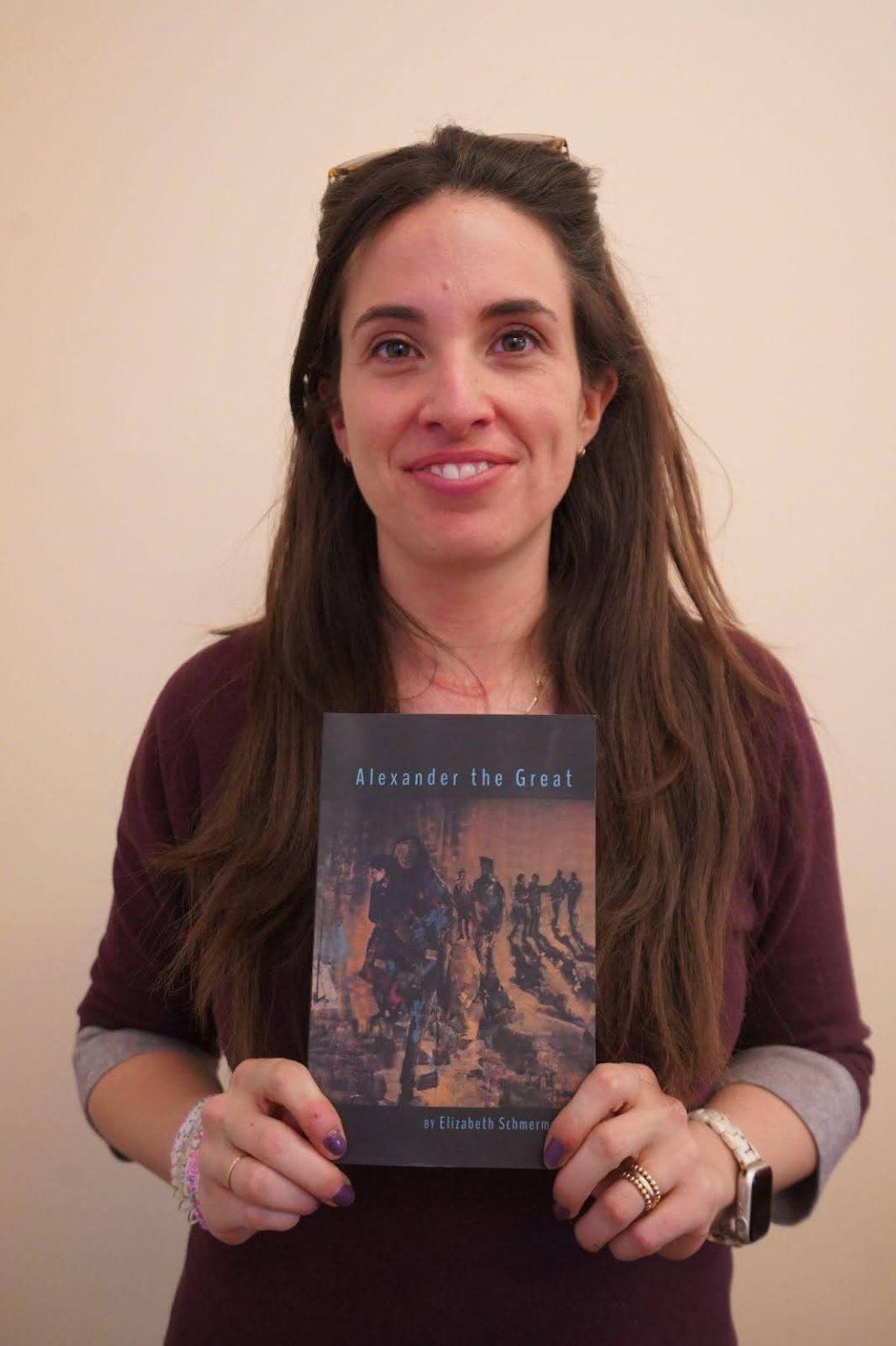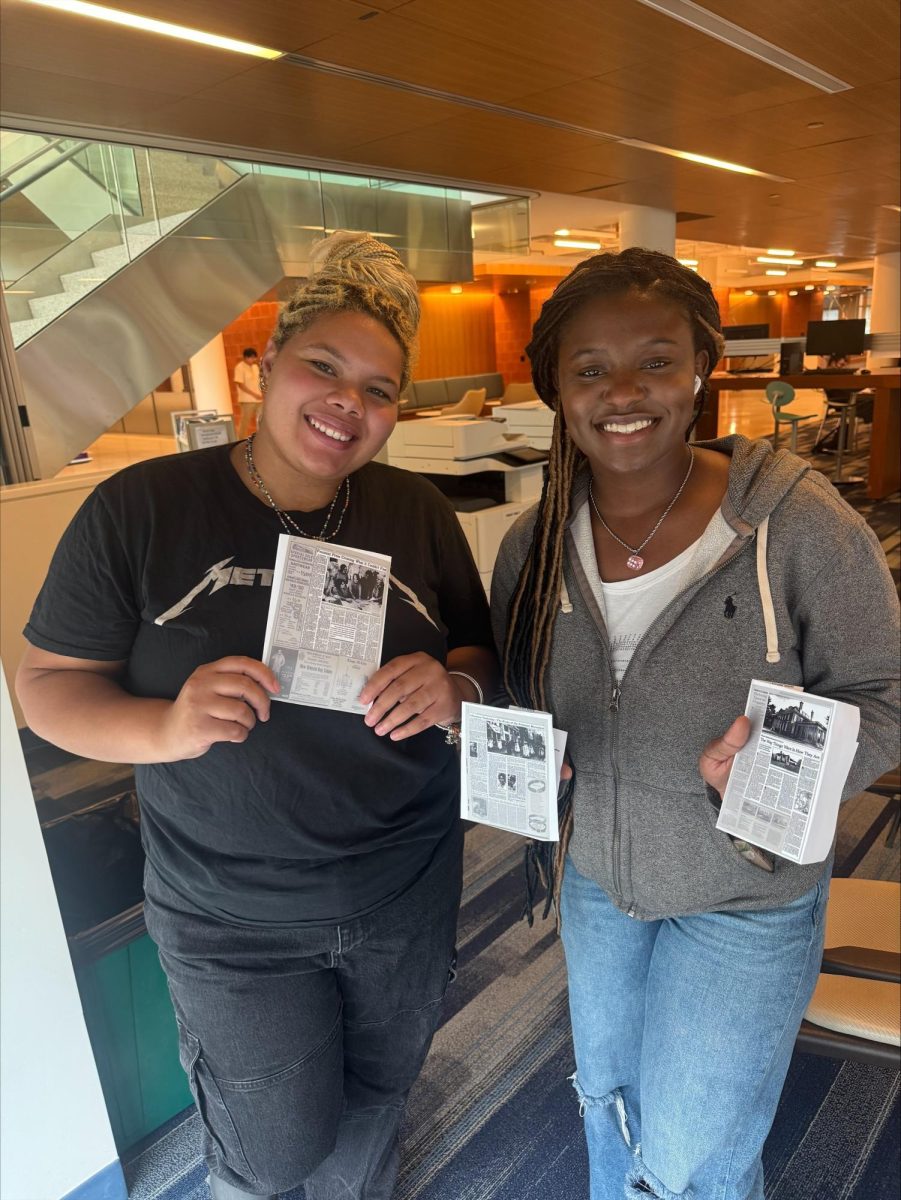
The English department celebrated the highly anticipated release of Elizabeth Schmermund’s new book of poetry, Alexander the Great, on Tuesday, March 26. Professors Nicholas Powers and Jessica Williams shared heartfelt introductions. The release party was an opportunity for students and faculty to show their support for her achievement.
Dr. Schmermund is a distinguished scholar, teacher, and author. She has written more than a dozen publications, ranging from poetry to education to essays. She is also the faculty advisor for the English department’s student publication Harmonia/Discordia.
Over the course of two years, Schmermund poured her heart and soul into writing Alexander the Great. She drew inspiration from the memory of her beloved late son, Alexander. She was determined to keep his memory alive through poetry. In discussing her creative process, Schmermund explained how her use of ordinary symbols and plain language was to show the power that grief has to change the ordinary into emotion.
The title of this book of poems ties together her son Alexander’s name with the ancient Greek figure of Alexander the Great who she expertly teaches about in one of her many classes. In making this connection, Schmermund established her take on legacy and memory in the face of pain.
According to the author, “poetry shows us that we’re not alone. It’s one of the most powerful ways to connect because poetry has to be so incredibly vulnerable.”
Her personal journey of grief and remembrance is woven throughout the book in symbols such as food or nature. She explained how she found comfort in using everyday objects as symbols in her work, as Alexander’s presence was felt across every aspect of her life.
In sharing these poems, she not only honors Alexander’s memory, but offers comfort and healing to others who may be experiencing similar losses. Connection is one of the most important aspects of recovery, but finding writers going through similar perinatal grief proved to be very difficult for her at the time. “I think there are very real effects of not having discourse available about it,” she shared, “which includes poetry and literature—if you don’t give it space and attention there can be consequences.”
The book release celebration also attracted a number of English majors, including seniors Juliana Hatzinger and Sarah Nasir. “Professor Schmermund was a huge inspiration for anyone who has experienced any type of personal loss or grief,” Hatzinger said. “To think that I could turn my own pain into art was so inspiring.” “It was inspirational and just so beautiful,” said Nasir. “We are grieving with you.”
As attendees exited the event, it was clear that no one was left untouched by Professor Schmermund’s readings and overall message. She offered students valuable advice to always keep writing—be persistent, have patience, and never give up hope.






















